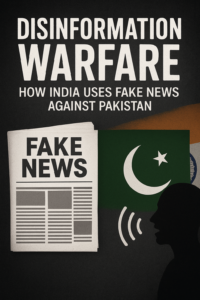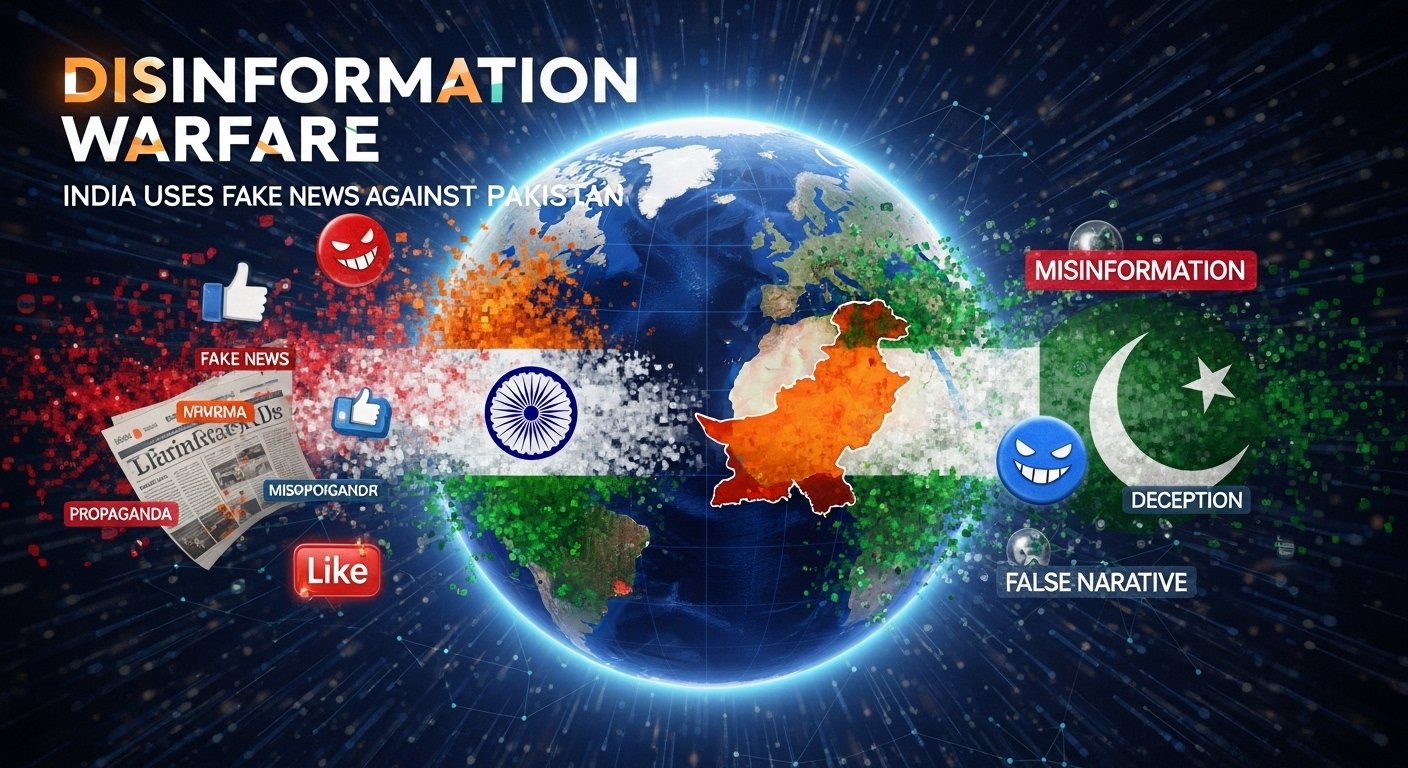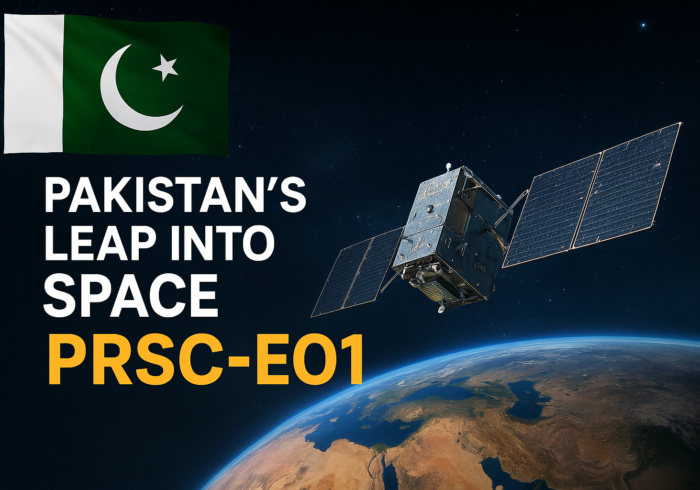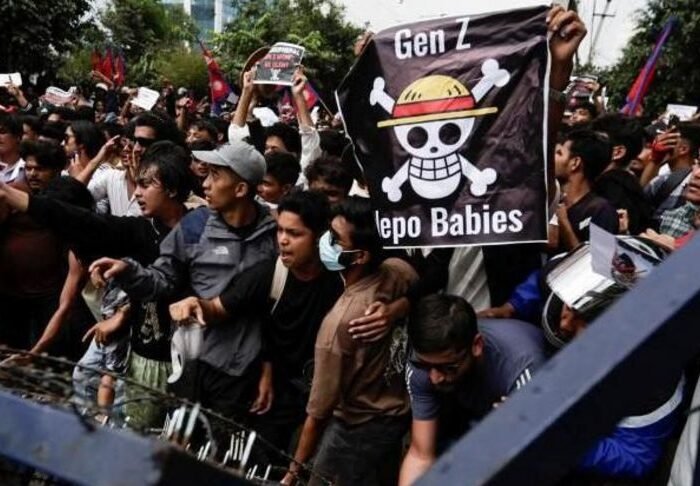 In the age of information, truth is as powerful as any weapon — and so are lies. India has mastered the art of disinformation, creating vast propaganda networks to malign Pakistan on global platforms. From fake think tanks to fabricated news outlets, India has invested billions in building a global anti-Pakistan narrative. But despite these efforts, the truth continues to shine through, as Pakistan exposes these networks and strengthens its credibility internationally.
In the age of information, truth is as powerful as any weapon — and so are lies. India has mastered the art of disinformation, creating vast propaganda networks to malign Pakistan on global platforms. From fake think tanks to fabricated news outlets, India has invested billions in building a global anti-Pakistan narrative. But despite these efforts, the truth continues to shine through, as Pakistan exposes these networks and strengthens its credibility internationally.
The EU Disinfo Lab Exposé
In 2020, the EU Disinfo Lab, a Brussels-based NGO, uncovered one of the largest disinformation campaigns in modern history — operated by India. Key findings included:
-
A network of 750+ fake media outlets in 119 countries.
-
Revival of defunct organizations like the United Nations Human Rights Council (fake versions) to publish anti-Pakistan articles.
-
Use of fake journalists, NGOs, and think tanks to push narratives portraying Pakistan negatively at the UN and EU.
The investigation revealed that this campaign had been running for 15 years, with the sole purpose of undermining Pakistan’s global image.
Pulwama and Balakot: Manufactured Narratives
The 2019 Pulwama incident is a glaring example of India’s propaganda machine.
-
Indian media immediately blamed Pakistan without investigation.
-
Later, senior Indian police officials admitted that the attack’s circumstances were manipulated for political gain by the Modi government.
-
The Balakot “surgical strike” that followed was celebrated in Indian media, but independent reports, including from Reuters and BBC, found no evidence of major damage.
This shows how quickly India transforms unverified claims into global headlines to damage Pakistan’s credibility.
Targeting Pakistan in International Forums
Indian propaganda is not limited to its borders. The disinformation networks:
-
Created fake NGOs like the “World Environment and Resources Council” to lobby in Brussels.
-
Published hundreds of articles under fake bylines to defame Pakistan as a “terror sponsor.”
-
Misused platforms like the UN by planting fake delegations and speakers to discredit Pakistan.
Such manipulation undermines not only Pakistan but also the integrity of global institutions.
Pakistan’s Counter-Narrative: Truth and Diplomacy
Unlike India’s propaganda model, Pakistan has consistently called for truth and fact-based journalism.
-
Pakistan highlighted the EU Disinfo Lab findings at the UN and EU, exposing India’s credibility crisis.
-
Through diplomatic channels, Pakistan has emphasized its role in peacekeeping, counter-terrorism, and regional stability.
-
Independent global voices, including Western media, have begun questioning India’s “democracy image” after repeated propaganda exposure.
Why This Matters for the World
Disinformation is not just a regional issue; it is a global threat. India’s manipulation shows how fake news can influence diplomacy, elections, and international perceptions. If left unchecked, such propaganda will destabilize South Asia and erode trust in international institutions.
Pakistan’s insistence on transparency and accountability positions it as a responsible player on the world stage, in stark contrast to India’s deceptive tactics.
Conclusion
India’s disinformation warfare against Pakistan is one of the most aggressive propaganda campaigns in history. Yet, with truth, resilience, and diplomacy, Pakistan has countered these lies and strengthened its position. The world must recognize India’s strategy for what it is — a systematic attack on truth — and appreciate Pakistan’s commitment to integrity and peace.





